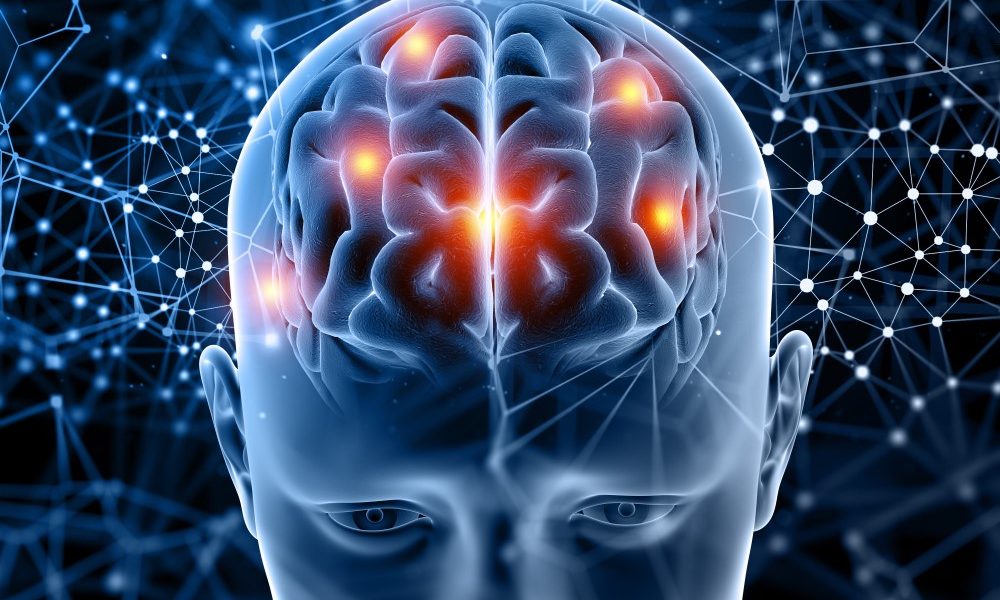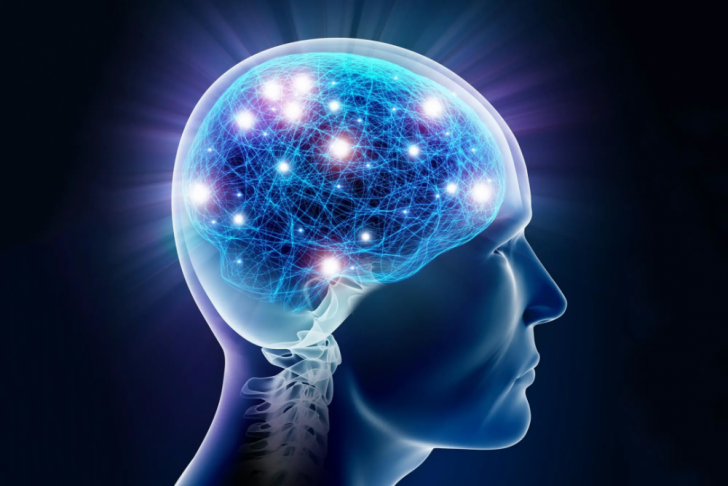
How Does the Brain Play Into Mindset? The Power of the Mindset

How does the brain play into mindset? Within the brain lies the foundation of our mindset, shaping our perceptions and guiding our actions. This connection profoundly influences our approach to life, determining how we handle challenges and pursue our goals.
How Does the Brain Play Into Mindset?
Our brains are the architects of our inner world, shaping our perceptions, experiences, and interpretations. They form mental structures, known as mindsets, which house our beliefs, attitudes, and interpretations. The brain’s endeavor to make sense of the world results in these mental constructs, deeply influencing our behavior and decisions.
Neuroplasticity, the brain’s ability to change and adapt based on experiences, is a key aspect of this relationship. When we talk about mindset, we refer to a real, physical process in our brains. This adaptability means that our mindset can physically alter the brain’s structure.
A growth mindset, a term coined by psychologist Carol Dweck, exemplifies this concept. This mindset reflects the belief that effort and perseverance can develop abilities and intelligence. Individuals with a growth mindset see challenges as opportunities for growth, fostering a pattern of brain activity that promotes learning, resilience, and personal development.
Growth Mindset: The Brain’s Role in Personal Transformation

Bert Danner | LinkedIn | The Brain forms mental structures, known as mindsets, which house our beliefs, attitudes, and interpretations.
The brain is not a static entity; it’s a dynamic organ that constantly adapts and evolves. This characteristic, known as neuroplasticity, is central to the idea of a growth mindset. How we think and our beliefs can physically reshape our brain. Adopting a growth mindset stimulates our brain to create new neural connections, facilitating learning and skill acquisition.
When we face challenges and choose to tackle them, we engage parts of our brain associated with problem-solving and creativity. Persisting in adversity, a hallmark of the growth mindset boosts our brain’s resilience. Overcoming obstacles reinforces our growth mindset and strengthens the associated neural pathways.
A growth mindset also enhances our approach to learning. Instead of viewing mistakes as failures, we see them as opportunities for growth. This mindset alters the brain’s response to mistakes, shifting from negative self-judgment to constructive learning. The brain’s plasticity transforms our mindset, leading to profound personal change.
Self-Improvement: A Brain’s Journey
Self-improvement is a journey of the brain. Each time we learn a new skill, break an old habit or adopt a new one, our brain changes. It reshapes itself by creating new neural connections and potentially weakening old ones, transforming our cognitive landscape.
Beyond acquiring new knowledge and skills, self-improvement involves unlearning and letting go of unhelpful thought patterns or outdated beliefs. This process leverages the brain’s plasticity, weakening neural pathways associated with these patterns and strengthening new, beneficial ones.
Understanding how our brain naturally responds to change helps us manage resistance and cultivate a mindset that supports our self-improvement goals. The brain’s journey through self-improvement is one of constant adaptation and growth, reflecting our progress and facilitating further development.

RDNE Stock project | Pexels | Each time you acquire new knowledge or skills, your brain adjusts by forging new neural connections and altering existing ones.
Learning: The Crucial Connector Between Brain and Mindset
Learning is a dynamic process involving the interplay between our brain and mindset. Our brain’s neuroplasticity allows it to reshape and reorganize itself in response to learning. Each time we acquire new knowledge or skills, our brain adjusts by forging new neural connections and altering existing ones.
Our mindset significantly influences this learning process. A fixed mindset may hinder learning by viewing intelligence and abilities as unchangeable. In contrast, a growth mindset promotes an active pursuit of knowledge and a willingness to engage with challenging material.
Engaging in learning tasks stimulates the brain to create new neural connections. Viewing complex tasks as opportunities for growth rather than insurmountable challenges fosters problem-solving and resilience. This perspective enhances learning by promoting a deeper understanding of the subject and improving problem-solving skills.
Personal Development: Cultivating a Positive Mindset
Personal development involves continuous growth, change, and self-improvement, with a significant focus on cultivating a positive mindset. Our brain plays a key role in this process, as the thoughts and beliefs we engage with shape our neural pathways.
Positive self-talk and visualizing success can strengthen neural pathways associated with self-confidence and resilience. Mindfulness and meditation also contribute to developing a positive mindset, improving emotional regulation, reducing stress, and promoting a positive perspective.
More in Mind & Mental
-
`
4 Timeless Greek and Roman Views on Mental Health in Ancient Rome
In the bustling streets of ancient Rome and the philosophical circles of Greece, mental health was a topic of great interest...
September 27, 2024 -
`
Why Deleting Social Media Forever CAN Be a Sign of Depression!
Today, social media has become a huge part of our lives. We scroll through endless feeds, share moments, and stay connected...
September 19, 2024 -
`
Some First Date Night Ideas That Are Surprisingly Cheap
Looking for cheap date night ideas that won’t break the bank but still impress your date? Whether it is your first...
September 14, 2024 -
`
Where to Vacation in December for a Memorable Holiday?
As December rolls in, travelers are faced with a myriad of choices for a perfect holiday escape. If you’re wondering where...
September 4, 2024 -
`
What Is a Personal Mantra and Tips to Develop Yours in Minutes
Are you feeling stuck or overwhelmed? It’s easy to lose focus when life gets challenging. But what if a simple phrase...
August 30, 2024 -
`
How to Control Anger – Practical Tips and Techniques
Anger is a complex emotion that everyone experiences from time to time. It can arise from a variety of triggers and,...
August 23, 2024 -
`
How to Tell if a Bipolar Man Loves You – Key Signs and Indicators
Relationships, especially those involving someone with bipolar disorder, can be challenging but rewarding. The highs and lows characteristic of bipolar...
August 15, 2024 -
`
How to Prepare for All You Can Eat Sushi Buffets – Tips & Tricks
Are you ready to enjoy a sushi buffet and make the most out of your dining experience? If you’re a sushi...
August 9, 2024 -
`
How Often Should You Meditate to Achieve Your Goals
How often should you meditate to achieve its benefits? This question is often asked by those looking to incorporate this practice...
July 25, 2024















You must be logged in to post a comment Login